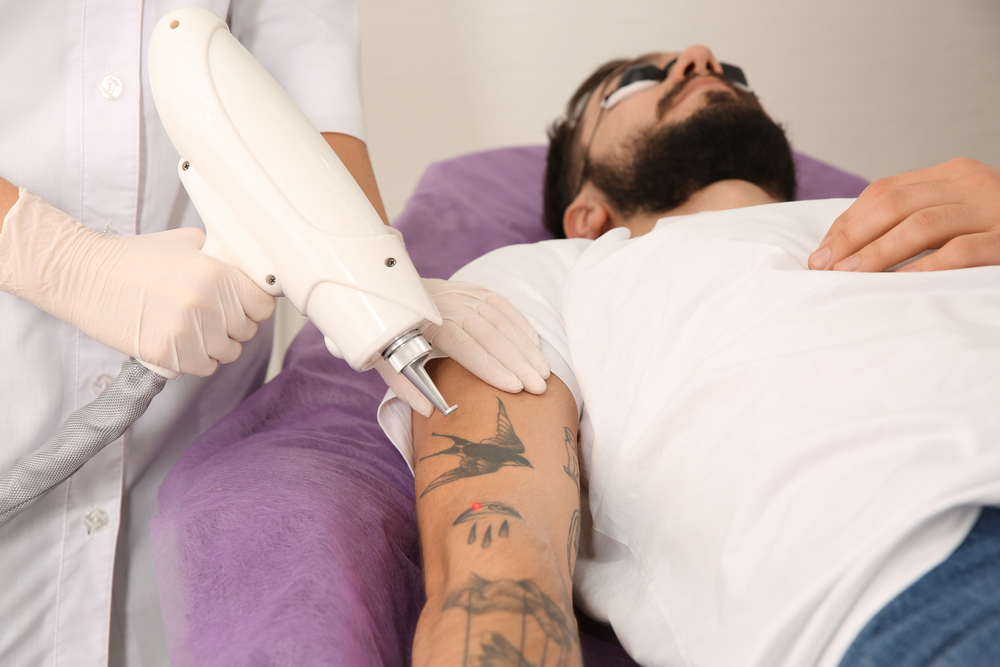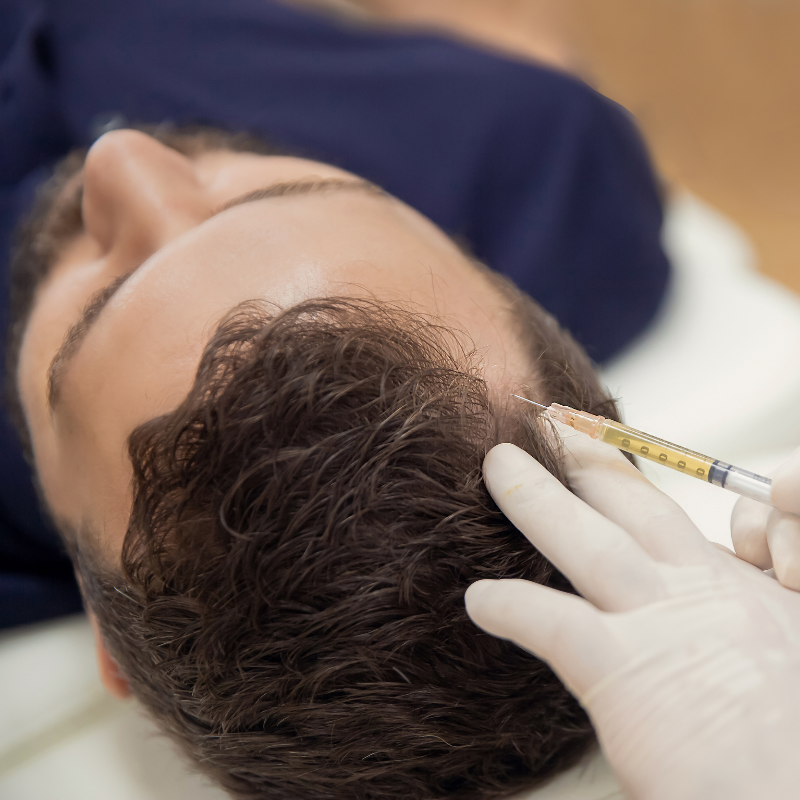
Sunscreen is a topical product designed to absorb or reflect the sun’s ultraviolet (UV) radiation, creating a protective barrier. This barrier is between your skin and the sun’s harmful rays. These formulations contain active ingredients that work to filter some types of radiation, which may penetrate the skin and cause cellular damage. Regular application of sunscreen serves as one of the most effective preventive measures you can take to maintain healthy skin throughout your lifetime. Here is more information on sunscreen and how to benefit from daily applications:
What Are the Benefits of Sunscreen?
Daily sunscreen application provides comprehensive protection that extends far beyond preventing sunburn. The consistent use of broad-spectrum sunscreen with at least SPF 30 helps maintain skin integrity by blocking harmful radiation that can accelerate aging processes and damage skin cells. Regular sunscreen use helps preserve your skin’s natural elasticity by protecting it. This protective barrier also prevents the formation of age spots, uneven pigmentation, and premature wrinkles that result from cumulative sun exposure.
What Other Methods Can Protect You?
While sunscreen is a fundamental tool for protecting your skin from the sun’s harmful rays, there are additional measures you can take to safeguard your skin. Wear protective clothing, like long-sleeved shirts, wide-brimmed hats, and UV-blocking sunglasses, to provide an effective physical barrier from UV radiation. Seek shade whenever possible. You should do this especially during peak sun intensity hours, typically between 10 a.m. and 2 p.m.
Using umbrellas or staying under awnings can further minimize your direct exposure. Try incorporating UPF (Ultraviolet Protection Factor) clothing into your wardrobe for added protection during outdoor activities. Taking these steps, in combination with sunscreen, helps create a comprehensive approach to shielding your skin and maintaining its long-term health.
What Are the Risks of No Sunscreen?
Failure to apply sunscreen daily exposes your skin to cumulative damage that compounds over time. UV radiation penetrates skin cells and can alter their DNA structure. This can lead to various forms of skin damage that become increasingly apparent as you age. Without proper protection, your skin experiences accelerated photoaging. Photoaging may manifest as fine lines, wrinkles, age spots, and uneven texture.
The skin may also develop a leathery appearance and lose its natural elasticity more rapidly than it would with consistent protection. Prolonged unprotected exposure can result in precancerous lesions. These lesions require professional monitoring and treatment to prevent them from progressing to more serious conditions.
How Do I Choose the Right Product?
Selecting an appropriate sunscreen requires understanding your skin type, lifestyle needs, and the various formulation options available. Broad-spectrum sunscreens that protect against both UV-A and UV-B rays offer the most comprehensive coverage for daily use. Try water-resistant formulations if you engage in activities that cause perspiration or if you will be near water.
Physical sunscreens, containing zinc oxide or titanium dioxide, work immediately upon application. Chemical sunscreens require an absorption time before becoming effective. Look for products that integrate easily into your daily routine, whether that means a lightweight formula that works well under makeup or a moisturizing version that serves dual purposes. The best sunscreen is one you will use consistently every day.
Visit a Dermatologist Today
Professional guidance from a qualified dermatologist provides you with personalized recommendations based on your specific skin characteristics and risk factors. A dermatologist can identify early signs of sun damage and provide targeted advice. They can recommend protective clothing and the right type of sunscreen. Regular dermatological consultations allow for ongoing monitoring of your skin health and adjustments to your protection strategy as needed. Schedule an appointment to establish a comprehensive approach to sun protection that supports your long-term skin health goals.





